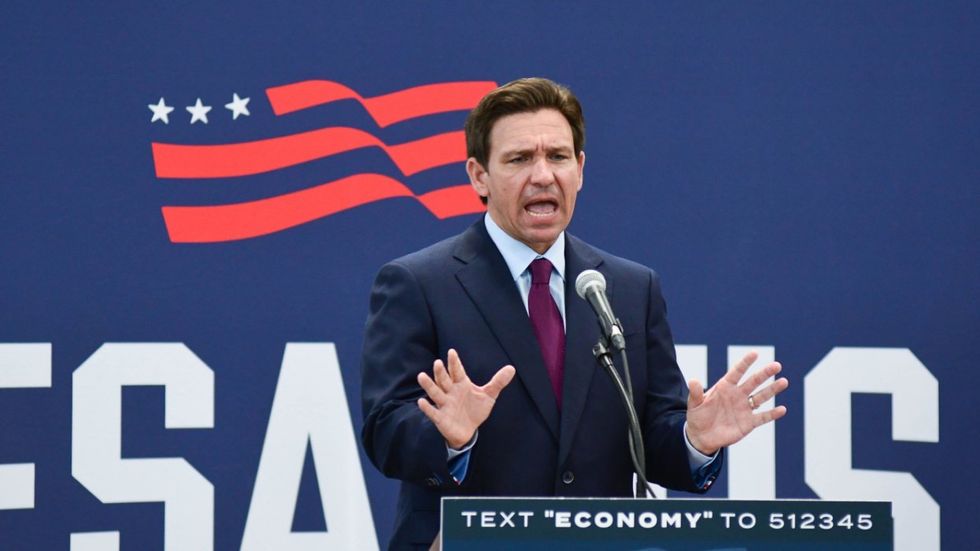Law
Florida Asks Supreme Court to Let It Enforce Its Struck-Down Anti-Drag Law

Lower courts have continued to block the anti-drag law.
Jacob Ogles
October 26 2023 10:54 AM EST
October 26 2023 2:34 PM EST
By continuing to use our site, you agree to our Private Policy and Terms of Use.

Lower courts have continued to block the anti-drag law.
Florida wants the Supreme Court to allow it to enforce an anti-drag law, overturning decisions by lower courts.
The 11th U.S. Circuit Court of Appeals earlier this month upheld a decision that Florida can’t enforce the law until courts rule on its constitutionality. The law threatening businesses that allow minors into live entertainment deemed inappropriate for children was signed by Gov. Ron DeSantis along with several anti-LGBTQ bills passed this year.
U.S. District Judge Gregory Presnell struck down the anti-drag law in June, but the state has continued to appeal the matter. Presnell determined the law “creates an unnecessary risk of chilling free speech.”
Federal appellate judges Adalberto Jordan and Robin Rosenbaum say Presnell’s ruling need not be put on hold while the case gets appealed, and ruled in a 2-1 decision the state cannot enforce the law while appealing Presnell’s decision.
But Florida officials have now filed an application with the Supreme Court asking that a stay only prevent enforcement at Hamburger Mary’s, the Orlando restaurant challenging the law’s constitutionality.
The state said blocking any enforcement will effectively “erase” a law from the statute books that is intended to protect children, the Associated Press reported.
Hamburger Mary’s, a family restaurant chain in Florida, regularly hosts drag queen brunches.
While the law doesn’t specifically cite drag, it was widely seen as targeting family-friendly drag events. Florida Rep. Randy Fine, a Republican, said in legislative debate he was inspired to file the legislation after he could not shut down a drag queen story hour at Space Coast Pride in his district.
Emails made public in the court case show Fine originally wanted to specifically target any “performance in which a performer exhibits a gender identity that is different than the performer’s gender assigned at birth,” though DeSantis’ office insisted that was too broad.